How to Choose the Best Olive Oil: A Guide to Quality and Supermarket Options
Discover all about the types of olive oil, the meaning of labels on the label, and the health benefits that this liquid gold of the Mediterranean brings.
Everything you need to know about the types and labels of olive oil
Olive oil is more than a mere ingredient in the kitchen - it is the essence of the Mediterranean diet and a symbol of health. Whether you use it for cooking, as a salad dressing, or simply enjoy its rich taste, choosing the right olive oil requires an understanding of the different types and labels you can find on its label. In this guide, we will help you understand what exactly lies behind the labels on the bottles and how to choose the best olive oil for your needs.
Olive Oil: The King of the Mediterranean Diet
Olive oil has been an essential part of the Mediterranean diet for centuries, and today it is known worldwide for its numerous health benefits. Due to its high content of antioxidants and monounsaturated fats, this oil is often associated with reducing the risk of heart disease and improving overall health. However, when purchasing olive oil, it is important to know that not all types are the same. Differences in quality and processing can significantly affect the nutritional value, taste, and price of the product.
Types of Olive Oil: What do different categories mean?
When choosing olive oil, you will come across different labels such as “extra virgin,” “virgin,” or “refined.” These categories reflect differences in quality, processing methods, and the way the oil is extracted from olives. Here is what each of them means:
Extra Virgin Olive Oil (EVOO)
This is the highest category of olive oil. Extra virgin oil is the result of the first cold pressing of olives, without the use of chemicals. It retains all the natural ingredients, including high concentrations of antioxidants and polyphenols, which are crucial for its health benefits. To qualify as extra virgin, the oil must have an acidity level of less than 0.8%. Its intense flavor and rich aroma make it excellent for salads, bread, and as a final touch to dishes.
Virgin Olive Oil
This type of olive oil is also obtained through cold pressing, but it may have a slightly higher acidity level (up to 2%). Although still of high quality, its taste may be milder, and its nutritional profile slightly inferior to extra virgin olive oil. This type is suitable for cooking at medium temperatures but is not recommended for frying.
Refined Olive Oil
This oil undergoes a refining process, where chemicals or heat are used to remove unpleasant flavors and reduce acidity. Although stable and often more affordable, refined olive oil has lower nutritional value and a milder taste compared to virgin and extra virgin oils. This oil is often used for frying due to its stability at high temperatures.
Meaning of labels on the label of olive oil
When choosing olive oil, labels can be confusing. To ensure you are buying quality oil, pay attention to the following labels:
Cold Pressed
This label indicates that the oil is obtained without heating, preserving the nutrients and allowing for a richer taste. Cold-pressed oils are highly valued for their intense flavor and high antioxidant content.
Pure Olive Oil
Although “pure” sounds promising, this label actually denotes a blend of refined and a small portion of virgin oil. This type of oil has a milder taste and is usually cheaper, but with fewer health benefits.
Light Olive Oil
This label is often misunderstood as meaning the oil has fewer calories, which is not the case. “Light” refers to a lighter taste and color, not nutritional value. These oils are suitable for cooking as they have a high smoke point but have fewer nutrients.
Labels of olive oils in Greek: What do they mean?
When choosing olive oil in Greece, whether at the market or in the supermarket, it is important to understand the labels found on the bottles, such as “Pirineleo,” “Klasiko,” “Partheno,” and “Ekseretiko Partheno.” These labels help consumers navigate the rich world of olive oils and understand the quality of the product they are buying.
Pirineleo (Pomace Oil)
This oil is considered the lowest quality, often used in industrial products and for cooking. Its price is usually more affordable, making it a popular choice for everyday use.
Klasiko (Classic Oil)
As a blend of virgin oil and pomace oil, Klasiko is a versatile choice. It is ideal for cooking and enriching salads, providing a good balance between price and quality.
Partheno (Virgin Oil)
This category contains exclusively virgin olives but does not reach the highest quality level. Partheno is suitable for salads and dishes that require a mild taste.
Ekseretiko Partheno (Extra Virgin Oil)
This is the highest quality olive oil, obtained through cold pressing of olives. Its rich flavor makes it a perfect choice for salads and specialties that require top quality.
Enjoy the richness of Greek olive oils and choose the one that best suits your culinary needs!
How to choose the right olive oil?
Choosing olive oil depends on how you plan to use it.
- For salads, marinades, or simply enjoying its taste, it is best to use extra virgin olive oil. If you are cooking at medium temperatures, virgin olive oil is a good choice.
- For frying or preparing dishes at high temperatures, refined olive oil may be practical, as it better withstands high temperatures without losing stability.
It is also good to look for quality labels such as PDO (protected designation of origin) or PGI (protected geographical indication), as they guarantee the authenticity and top quality of olive oil.
We have written extensively about olive oil to help our tourists make it easier to purchase the right one, so you can find additional information here: Greek olives and olive oil Olive oil from Thassos
Where to buy organic olive oil?
On Sithonia, such oil is sold within the monastic production near Psakoudia, and it is monastery production. In other places, you can buy organic olive oil in local shops found in all resorts.
In Thassos, there are several olive oil factories that produce only extra virgin oil, and Thassos is known for its quality oil. You can read more about it here.
On Sithonia, you can also buy olive oil from local production. It is of very high quality and can be found at various prices, and the best recommendation is to ask the owners of accommodation where they buy it.
If you are holidaying on the Ionian coast, you can buy good olive oil at the Esperanza hotel in Kanali, directly from the manufacturer (hotel owner).
One thing to generally avoid is buying oil in transparent bottles at markets. If you shop in June, you may still find agoureleo and oil from Kalimata olives.
Health benefits of olive oil
Olive oil is known for its numerous health benefits. Regular consumption of extra virgin olive oil is associated with reducing the risk of heart disease, lowering blood pressure and cholesterol, as well as protecting against inflammatory processes in the body. It is also rich in vitamins E and K, which are essential for skin and bone health.
Conclusion
Olive oil is not only a key ingredient in a delicious diet but also a source of many health benefits. Understanding the differences between different types of olive oil, as well as carefully reading labels, will help you choose the best oil for your needs and make the most of its nutritional value.
Watch our video about olive oil and on our YouTube channel you can watch many videos about Greece as well as the accommodations we offer.
We are always here to help you explore Greece! Follow us for the latest information, useful tips and authentic experiences to spend an unforgettable vacation in Greece!
We offer over 3,000 accommodations. Choose the right one for you and your family HERE.
Follow us on social networks where we regularly share exclusive offers, discounts and special arrangements for vacations in Greece as well as information, advice and useful news.
Facebook:Nikana.gr
Instagram: @nikana.gr
Tiktok: nikana.gr
Facebook grupa: Live from Greece
YouTube kanal @NikanaTravel
Write to us at e-mail: nikana@nikana.gr
Our site nikana.gr is the leading source of information about Greece.
3 comments
Post a Comment
NOTE
All your questions in the comments will receive an answer via email so check your inbox shortly after you posted comment. For more detailed questions and responses, contact us via mail nikana@nikana.gr.

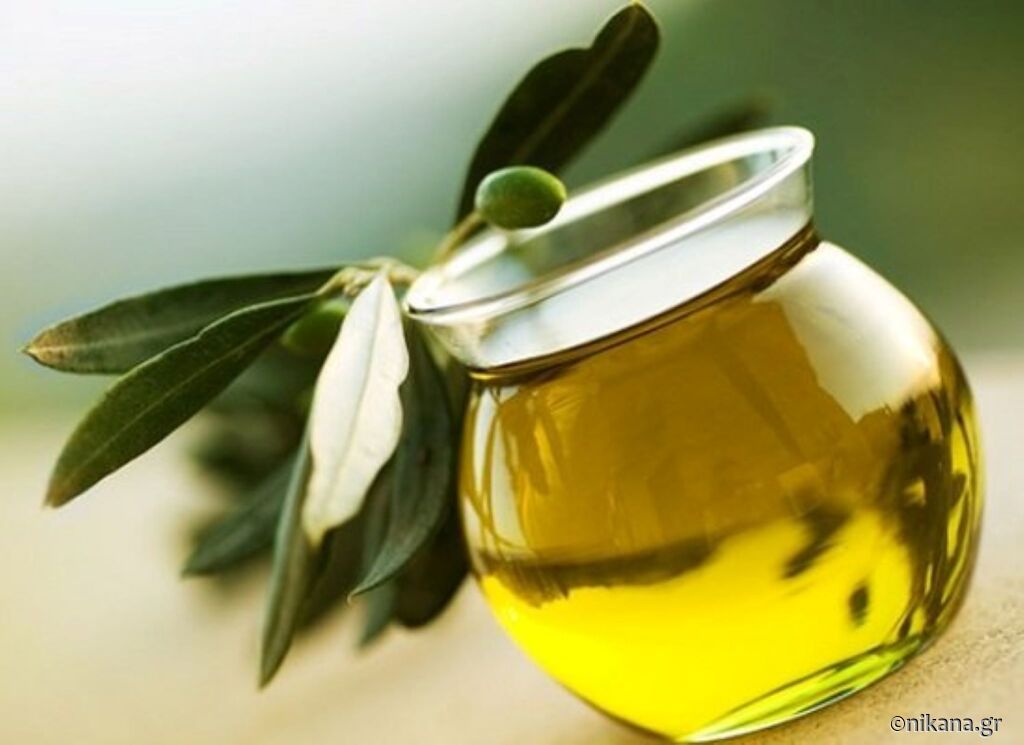
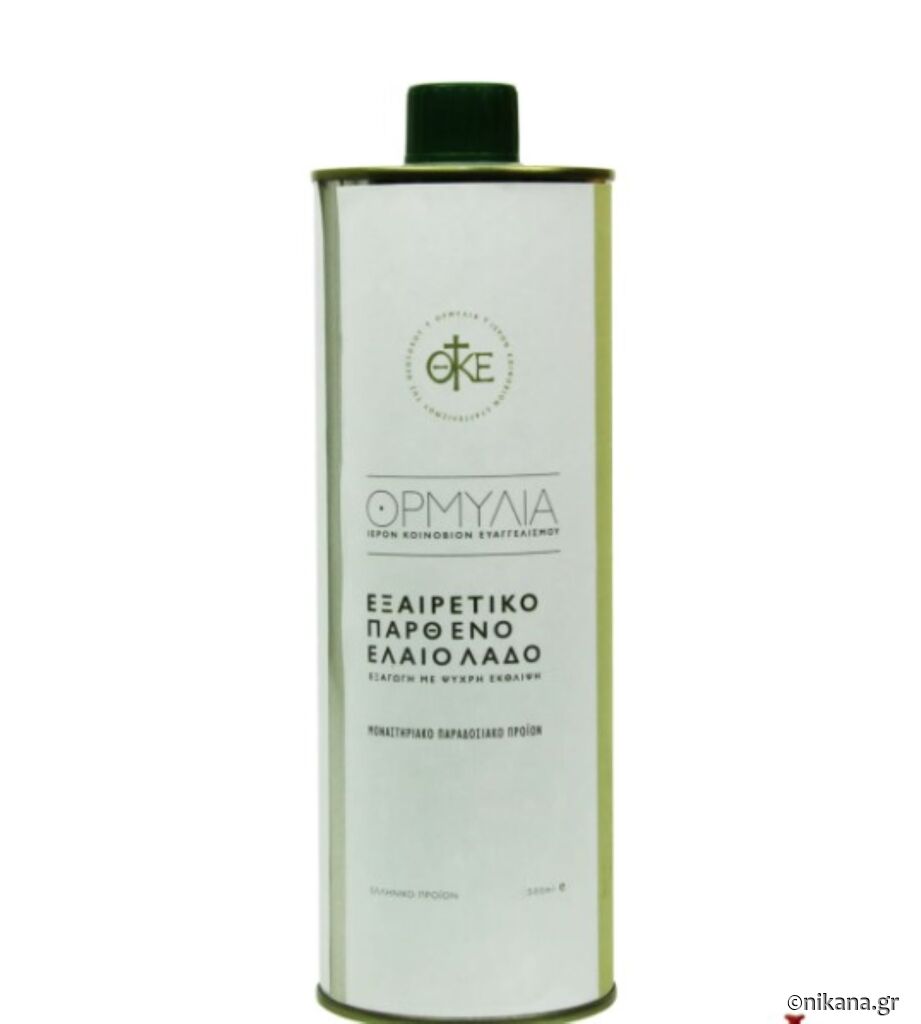
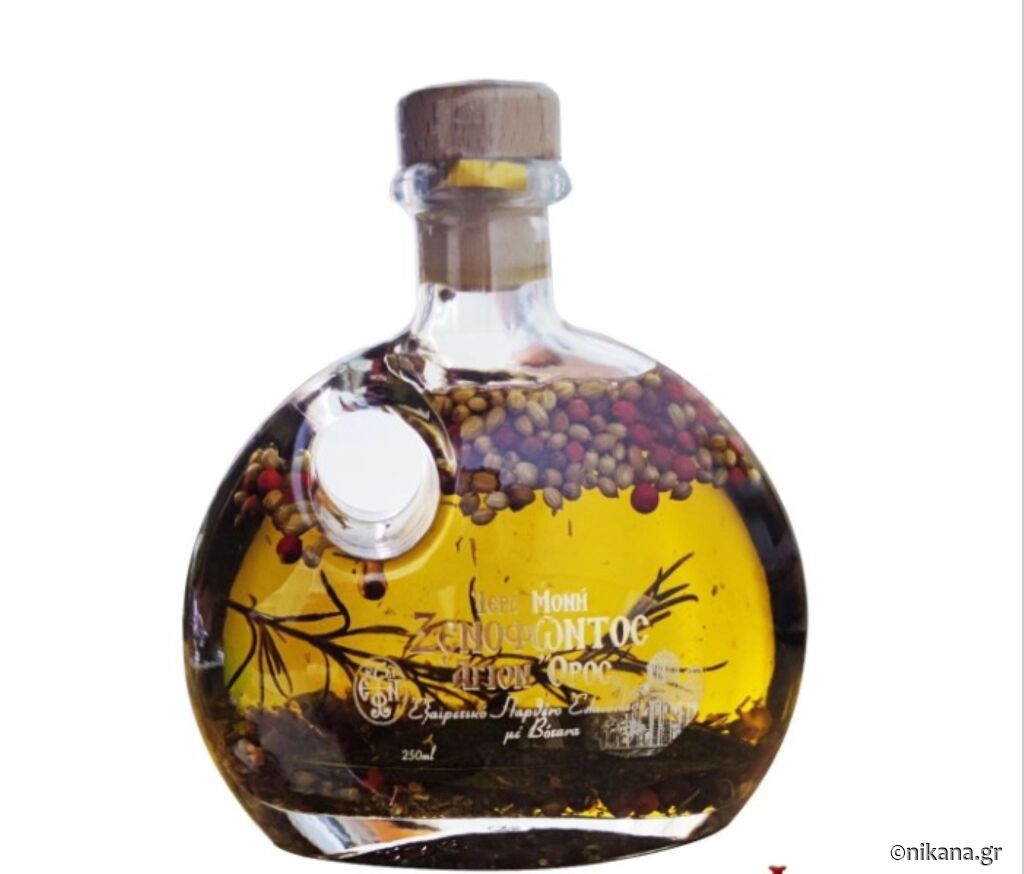
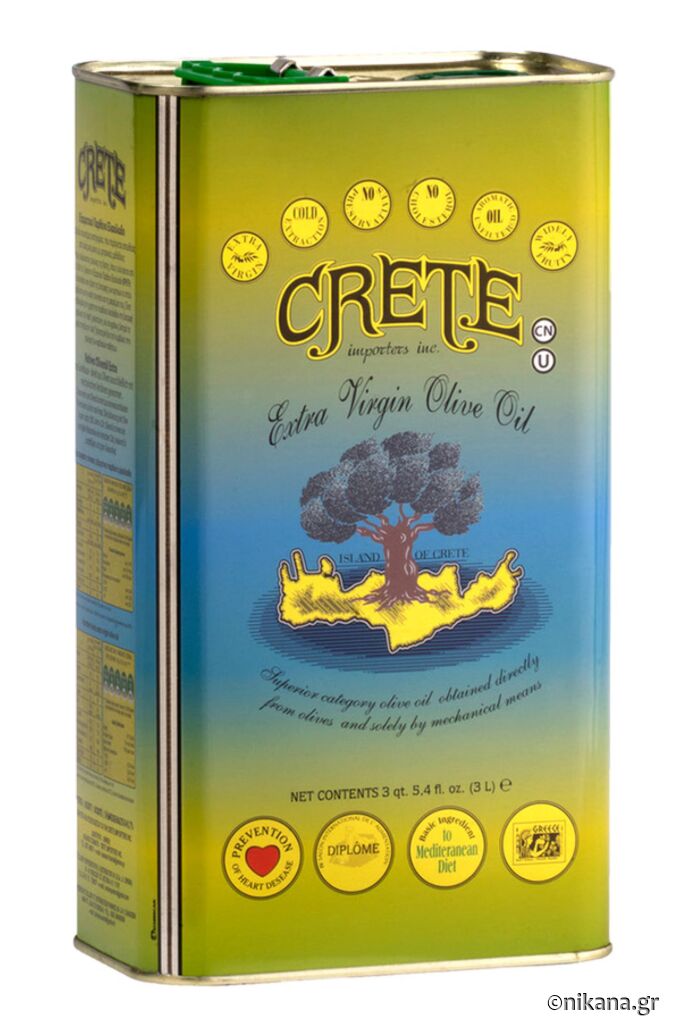
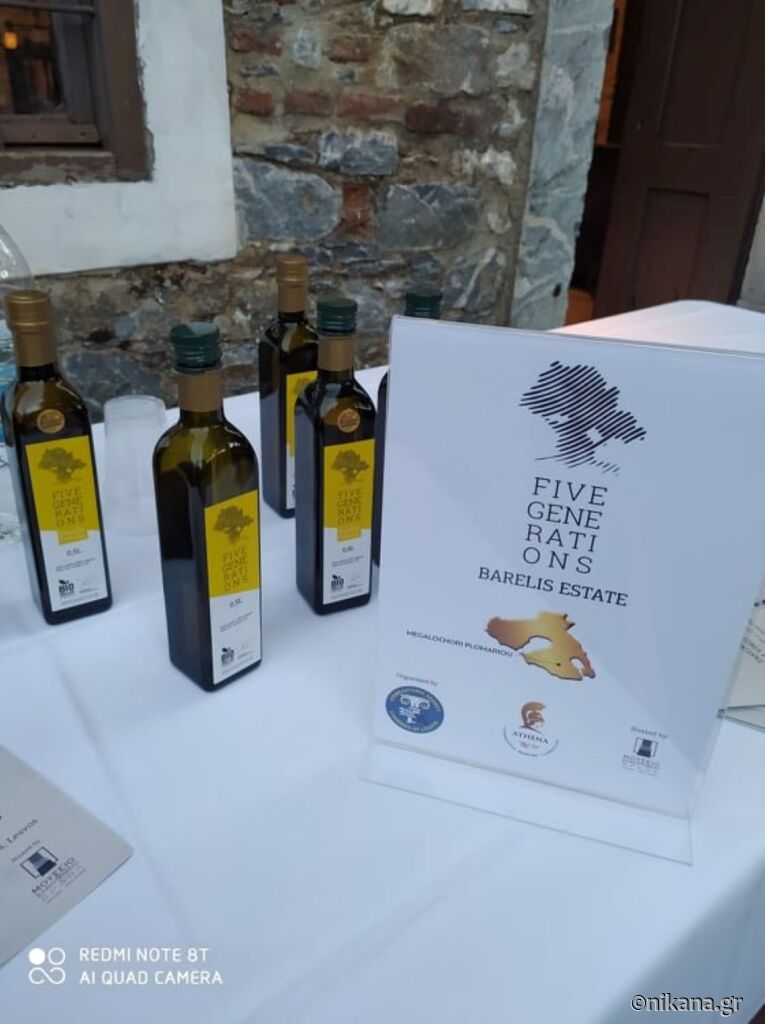
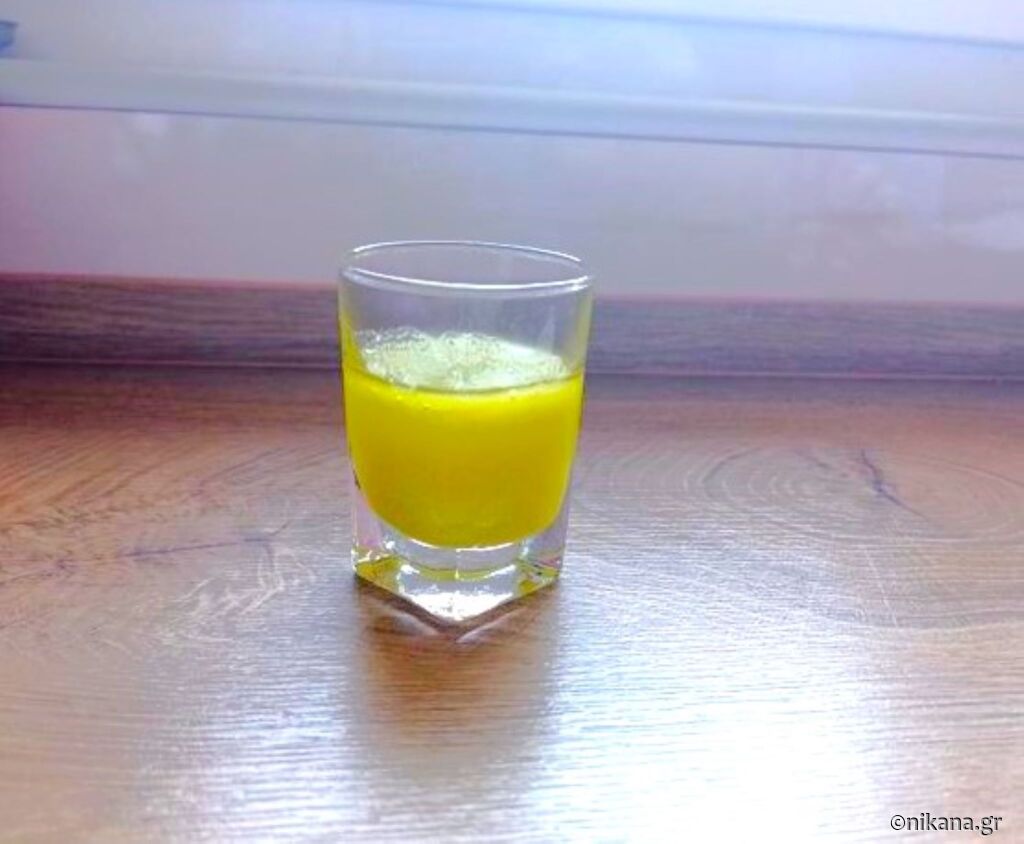
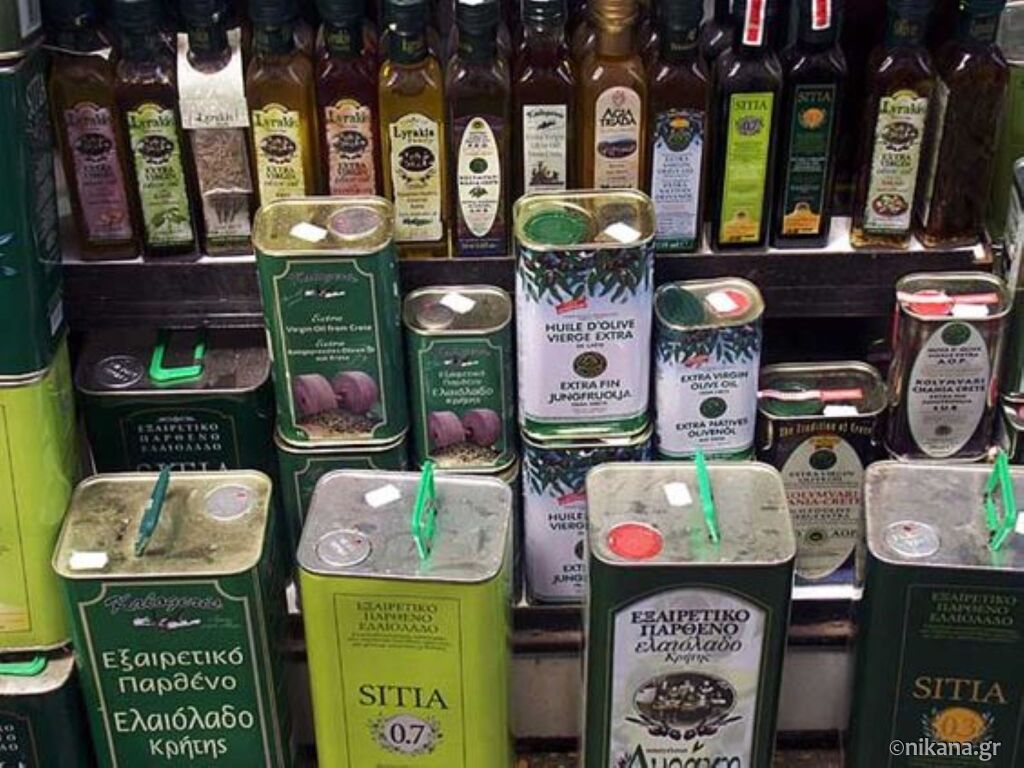
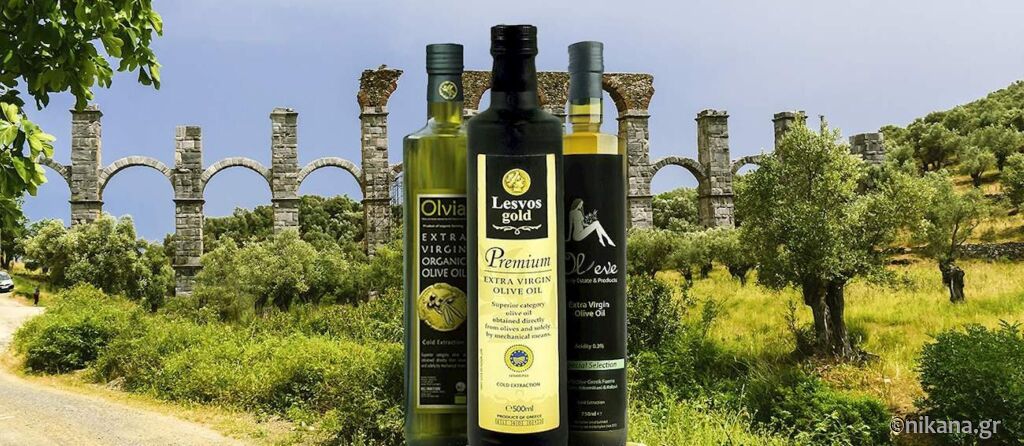
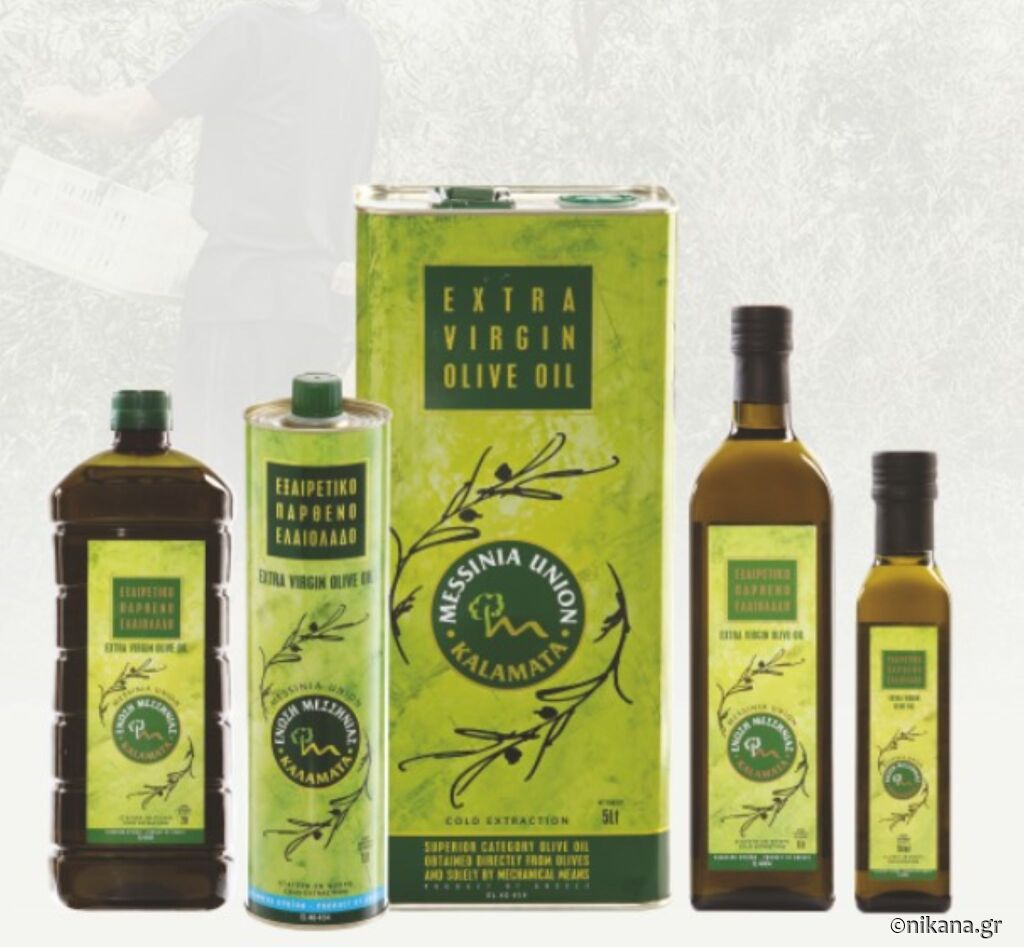
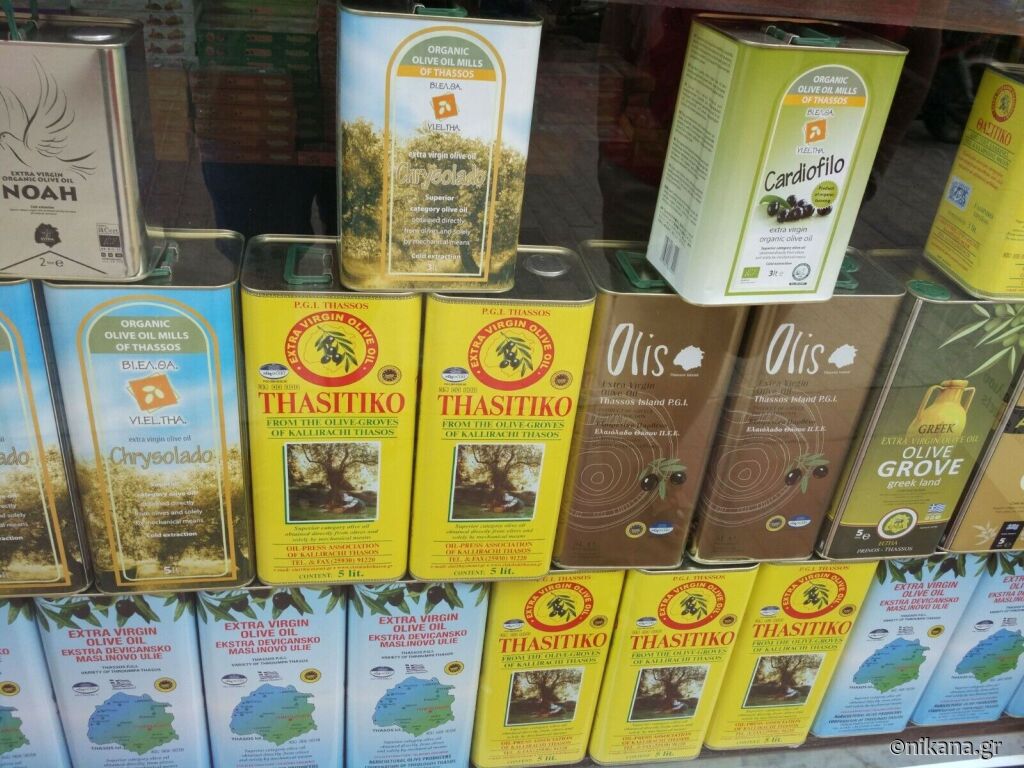
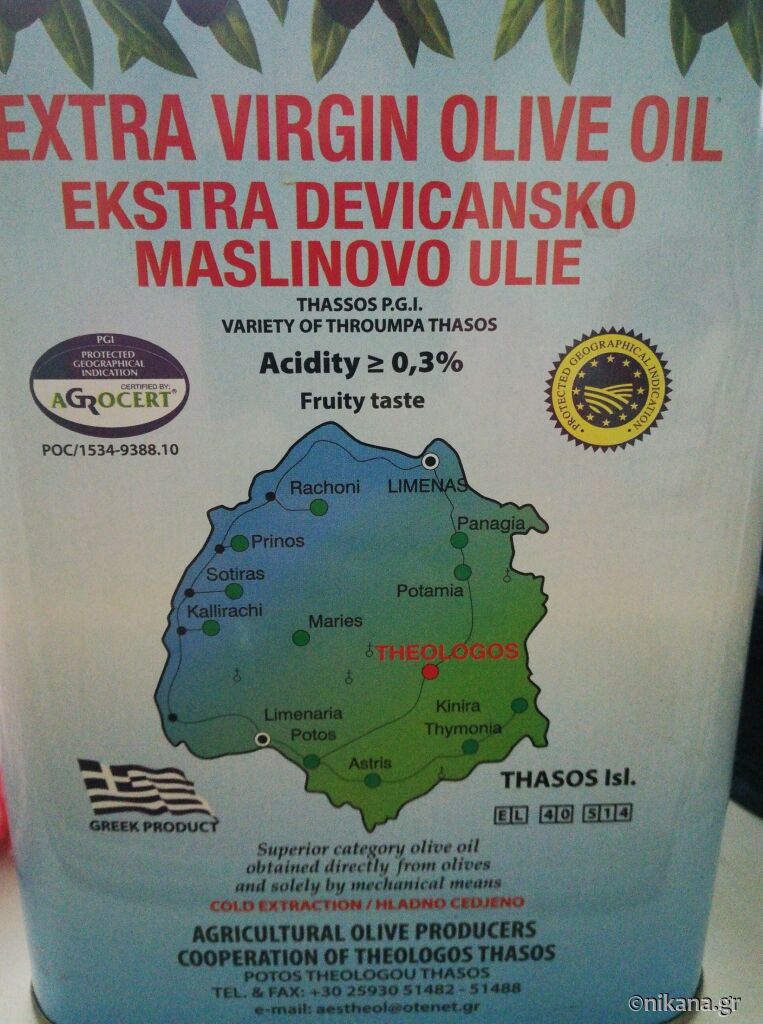
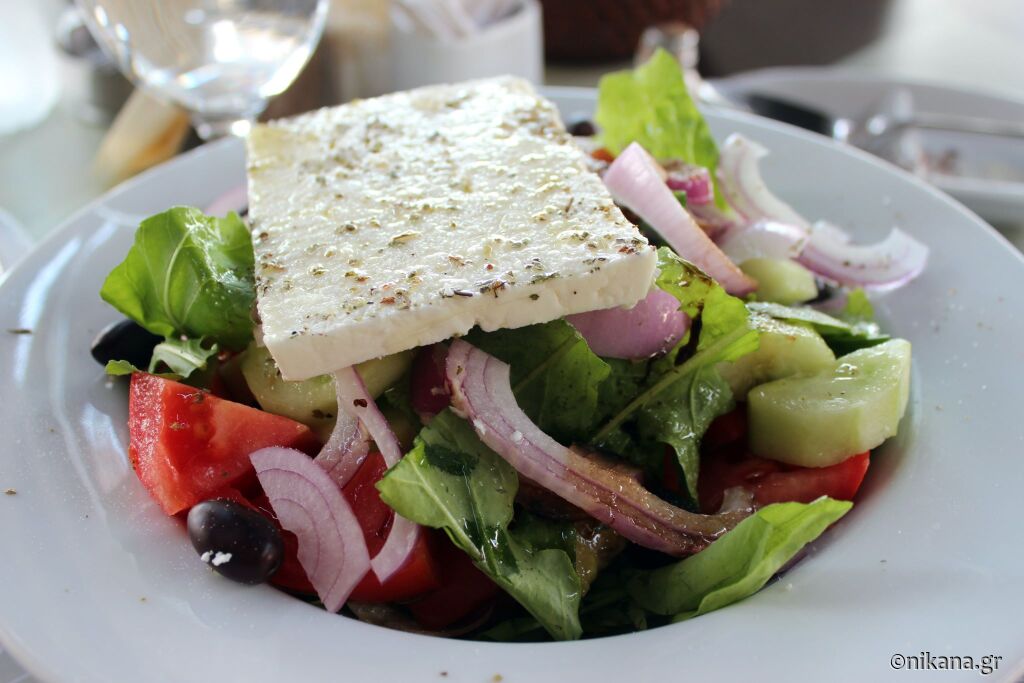
















Ljiljana 15.08.2025 13:53:25
Postovani Aleksa, Procitala sam vase utiske o Grckoj i zaista uzivala. Hvala Vam i zelim da uvek, uvek imate takve dozivljaje jer ocigledno da vas obogacuju a i nas citanjem.
Aleksa13.10.2024 11:30:55
U septembru smo bili na Kritu u mestu Kokini Hani i pitali gazdaricu gde da kupimo ulje. Posto je zena vanserijski ljubazna i usluzna ona nam je nabavila kod svoje prijateljice vrhunsko ulje kao za sebe. Rekla je da je cena 10 eura i porucili smo 10 l. Donela je ulje u velikom kanisteru sveze cedjeno i rekla da odstoji par dana da se istalozi. Kada sam presipao u flase ispostavilo se da taloga skoro da i nema ali je bilo 12,5 l ulja tako da nas je kostalo 8 evra litra. Posto smo isli autom mogli smo da kupimo pored ulja i kvalitetan sir i masline ali i da obidjemo dobar deo Krita za tih 15 dana. Moze se ici avionom i mesto je udaljeno desetak km od aerodroma gde ima mnogo agencija za rentiranje auta sto preporucujem jer je steta ne obici prelepi Krit a meni je stigla ponuda od 270 do 300 eura ja 25 dana od malog gradskog do srednje klase auta bez ikakvih ogranicenja km. Jedino sto je u tom slucaju ogranicena mogucnost kupovine zbog velike doplate za prtljag. Cena povratne karte za trajekt je bila 280 eura i voznja traje 9 h oko 350 km morem. Sam smestaj je bio nov izuzetno opremljen vlasnica izuzetna kao da smo joj familija cak nam je napravila i veceru za dvadesetak godtiju sa rostiljem vise vrsta mesa grilovanim sirom raznim pecivima i salatama i svakom vrstom pica. Poklonila nam je i liker od grozdja koji je ona pravila a mi njoj nasu orahovacu i kajsijevacu a za vecerom sam imao rakiju od dunje koju nabavljam godinama i na bolju nisam naisao. 15 nocenja smo platili 583 evra sto je izuzetno niska cena pogotovo u odnosu na kvalitet smestaja. Jeste 700m od obale ali ima svoj parking i nama to nije bilo bitno jer smo stalno isli u obilazak. Smestaj je Cristi apartmens i mogu da ga preporucim. Da ima mogucnost postavljanja slika rado bi ih postavio. Smestaj ,trajekt i troskovi goriva i putarine za 15 dana malo preko hiljadu evra. Gorivo sam sipao u Makedoniji po 1.1 evro a u Grckoj u Pireju po 1.45 na shel pumpi fuel sejver dizel a na Kritu je 15 centi skuplje. Preporuka za Krit barem za ovaj smestaj i mesto u kome smo mi bili jer se odatle moze obici cela severna obala i jedan dan smo bili na juznoj obali koja gleda na Libiju koja je biliza nego Atina. Putevi su odlicni jedino je nesto veci problem parking ali ima i besplatnih dosta kao i onih koji se naplacuju. Iraklion nismo previse obilazili jer je velika guzva kao u ostalom i svuda kada je sezona. Bili smo u Stavrosu na cuvenoj plazi gde je sniman film Grk Zorba ili Grk Srbin posto je bio Srbin Djordje i morao je da pobegne iz Grcke jer nije hteo da se asimiluje. Sahranjen je u Staroj Srbiji danasnjoj Makedoniji a praunuka mu zivi u Beogradu. Inace na Kritu je rakija raki a kajmak kajmaki . Karadjordevic se 1918 odrekao prava na Krit koji je trebao da se podeli trecina Srbiji trecina Crnoj Gori i trecina Turskoj. Kao gosti iz Srbije svuda smo bili odlicno primljeni sa velikim postovanjem ali i mi postujemo domacina i njihova pravila pa nikada nigde nismo imali problem a obisli smo od Turske granice do Igumenice kao i jednu i drugu obalu i Peloponez i sva znacajnija istorijska mesta po unutrasnjosti. Na Peloponezu cove koji prodaje voce i povrce kada nas je cuo pita odakle smo i na pomen Srbija stavio ruku na srce i zaplakao. Covek sa plavim ocima i kosom zna kog je porekla i to se desavalo vise puta. Mogao bih o Grckoj mnogo da pisem iz licnog iskustva jer nas svaki odmor je uvek aktivan sa puno obilazaka i boravaka u dva tri mesta svake godine tako da za jedan odmor mi obidjemo puno mesta na obali ali i po unutrasnjosti.